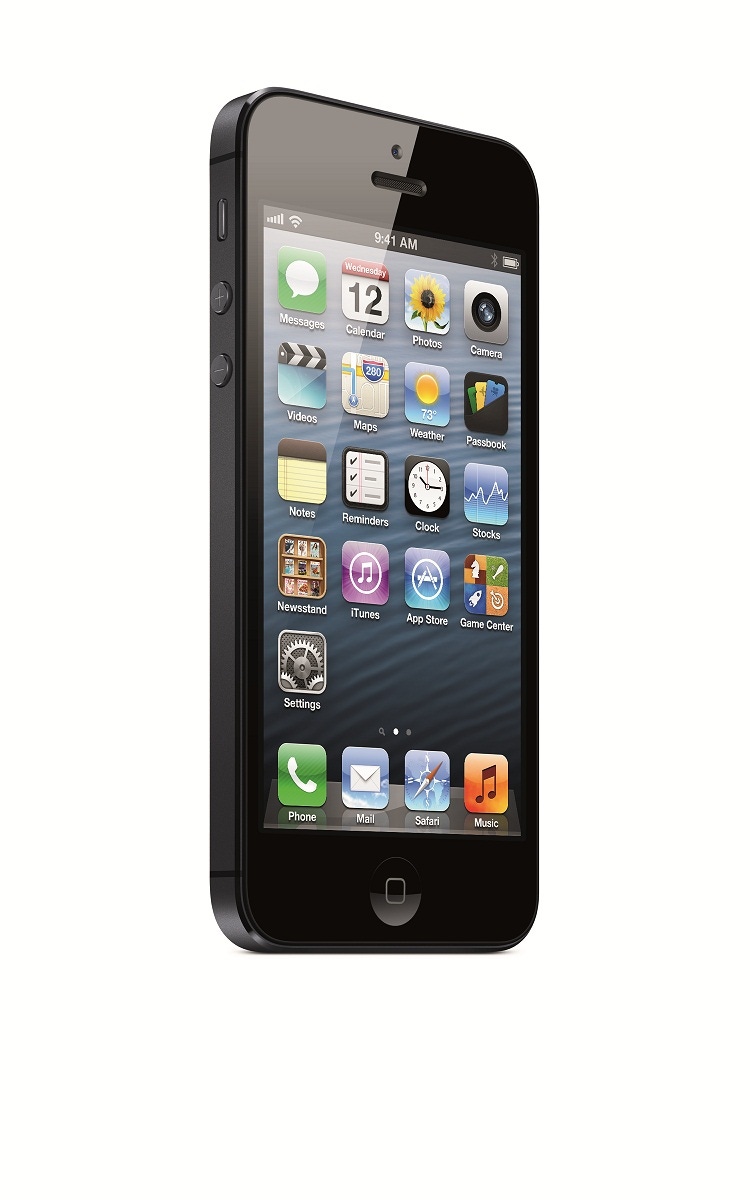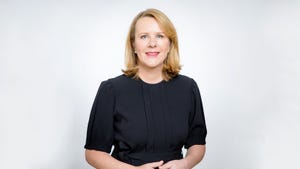Device giant Apple has posted its first quarterly drop in profit in ten years, with $9.5bn 2Q13 (January to March) net profit marking a more than 18 per cent decline on the $11.6bn generated in 2Q12. Quarterly revenue grew year on year however, to $43.6bn from $39.2bn a year ago. Gross margin was 37.5 per cent compared to 47.4 per cent in 2Q12.
April 24, 2013

Device giant Apple has posted its first quarterly drop in profit in ten years, with $9.5bn 2Q13 (January to March) net profit marking a more than 18 per cent decline on the $11.6bn generated in 2Q12. Quarterly revenue grew year on year however, to $43.6bn from $39.2bn a year ago. Gross margin was 37.5 per cent compared to 47.4 per cent in 2Q12.
The firm sold 37.4 million iPhones in the quarter, 2.3 million more than it sold in the same quarter last year, while iPads sales reached 19.5 million, compared to 11.8 million in 2Q12. Apple also sold just under the four million Macs it sold in the same quarter last year.
“We are pleased to report record March quarter revenue thanks to continued strong performance of iPhone and iPad,” said Tim Cook, Apple’s CEO. “Our teams are hard at work on some amazing new hardware, software, and services and we are very excited about the products in our pipeline.”
Vanessa Barnett, technology and media specialist at law firm Charles Russell LLP, said that Apple’s previous dominance over competitors has given way over the last couple of years to the rise of the Android OS and Samsung devices. However, she claimed it is only “fashionable” right now to say Apple’s on the slide, and maintained that the company is well placed to make a resurgence.
“At the end of the day, they have good people, good ideas and there’s still a big bit of Steve Jobs in the company’s DNA,” she said. “ I’d call this a blip not the beginning of the end. The patent wars will settle down, new products will be launched and the rise of Apple will begin again. It may not be as overpowering as at the time of Steve Job’s but anyone who’s thinking about writing them off is probably engaging in wishful thinking.”
Victor Basta, managing director of consultancy firm Magister Advisors, believes that Apple is going through a necessary transition from hardware as the dominant revenue stream and should be eyeing opportunities in the mobile money space.
“The right thing for Apple to do is to broaden themselves out, serve their huge community of credit card enabled customers, and focus on micropayments and software,” said Basta.
“If you see Apple as an ecosystem of credit card-enabled customers making micropayments, they only have one really significant competitor, Amazon, a business that begins to look more and more like Apple every day. We will hear more from Amazon later in the week and that will give us a much clearer picture of shifting industry dynamics,” he added.
Apple’s CFO Peter Oppenheimer was keen to stress that Apple’s cash generation remains very strong, with $12.5bn in cash flow from operations during the quarter, and an ending cash balance of $145bn. Professor Loizos Heracleous of Warwick Business School, who has carried out extensive research on Apple, pointed out that this cash position is more important than most industry observers realise.
“Apple could easily buy any new technologies that appear to pose a threat to it, that offer synergies to its own offerings, or that can open up new markets for it,” said Heracleous. “Lower margins would be expected given Apple’s rising sales in emerging economies, introduction of iPad mini and appearance of more competing products that are much cheaper. Apple revealed in its last update a 38.6 per cent margin in the markets where it operates, which are still extraordinary.”
He added that the main issue for the medium and long term is whether Apple has sustained its innovation, which he claims seems likely given that it’s part of the company’s DNA.
“But the proof will be in the pudding, and we’ll know over the next 12 to 18 months.”
About the Author(s)
You May Also Like







.png?width=300&auto=webp&quality=80&disable=upscale)

.png?width=300&auto=webp&quality=80&disable=upscale)
_1.jpg?width=300&auto=webp&quality=80&disable=upscale)



.png?width=800&auto=webp&quality=80&disable=upscale)